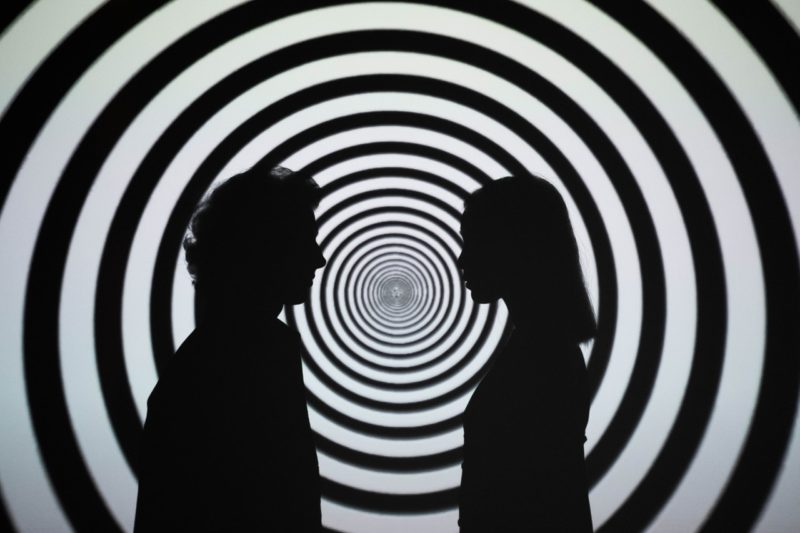Psychedelics are a class of psychoactive substances that produce changes in perception, mood and cognitive processes. Also so known as “hallucinogens”, reference to psychedelics is commonly meant to include substances such as Psilocybin (a.k.a. “magic mushroom”), MDMA (a.k.a. “extasy”) and LSD (Lysergic acid diethylamide).
Likely following the lead of the ongoing legalisation of cannabis in Canada, many U.S. states and other countries, the recent years have seen unprecedented investments and an increasing interest in research, production, and supply of psychedelics, particularly for potential medicinal uses.
The present article aims to provide a brief overview of the current situation from a patent perspective and to discuss about patenting strategies for these substances.
Continue reading




